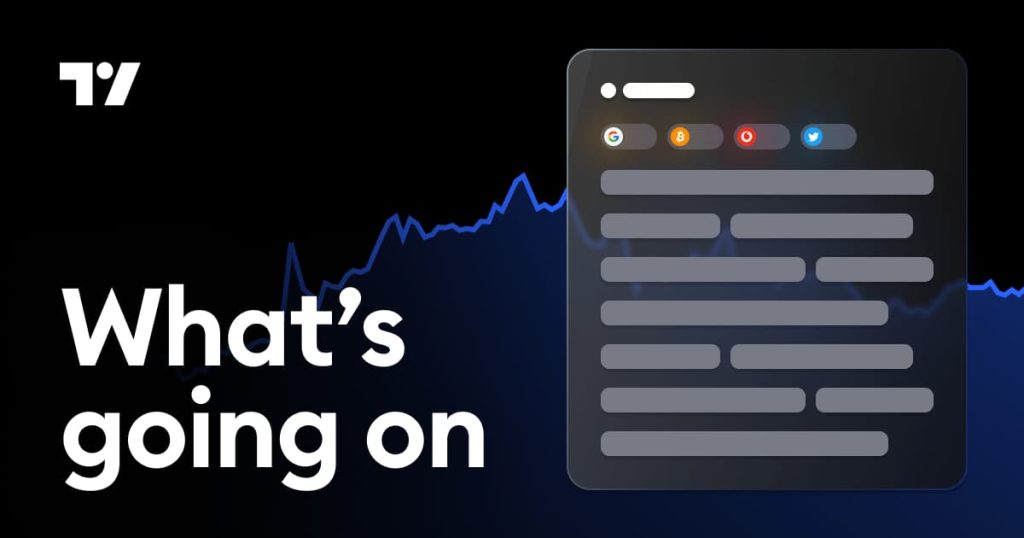Key Highlights
- By 2025, a digital wallet will enable Bitcoin payments at 15,000 merchants and restaurants globally.
- With your own Bitcoin wallet or payment cards, you’ll have numerous options to buy meals using Bitcoin.
- Since Laszlo Hanyecz’s early food purchase, Bitcoin has transformed, with new methods emerging for food payments.
- Global Bitcoin payment processors like Bitrefill and BitPay now manage thousands of transactions monthly.
The acceptance of Bitcoin is rising worldwide, with many retailers, restaurants, and food delivery services now allowing purchases made with the cryptocurrency.
Even if a merchant doesn’t accept Bitcoin directly, you can still utilize crypto cards or gift cards for buying food.
Bitcoin is recognized not just as a solid store of value but as a potential challenger to traditional payment systems that depend on third-party approval. Its primary objective is to facilitate direct payments without the involvement of banks or financial institutions.
This article discusses various avenues for purchasing food with Bitcoin, exploring both in-store and online options for grocery shopping, dining, and food delivery.
Fun Fact: Laszlo Hanyecz made the first Bitcoin purchase for food on May 22, 2010, famously known as Bitcoin Pizza Day, for which he paid 10,000 BTC for two pizzas worth $40 at that time.
Buying Food with Bitcoin: Is It Possible?
The answer is a resounding yes; options will vary based on your location.
Using Bitcoin directly for food purchases allows you to avoid intermediary fees and conduct transactions as Satoshi envisioned. While many merchants have yet to accept Bitcoin directly, numerous Bitcoin cards, gift cards, and delivery services support it, enabling you to make transactions seamlessly.
1. Making Direct Payments with Bitcoin
Although the number of merchants accepting Bitcoin is on the rise, it’s still relatively low. When Bitcoin is accepted, payments generally utilize a Lightning wallet for quick and low-cost transactions.
To find Bitcoin-friendly establishments globally, visit btcmap.org to see what’s nearby.
Several fast-food chains, including Burger King and Subway, are now accepting Bitcoin across various locations. McDonald’s accepts it in El Salvador and through a pilot program in Lugano, Switzerland.
You can also find specific restaurants, like Mastro’s and the Canadian-Middle Eastern chain Tahini’s, that accept Bitcoin. The latter even retains Bitcoin as an asset.
While direct online orders are less common, companies like Manufy in the US allow Bitcoin for food delivery. Additionally, many grocery stores like Whole Foods and Pick n Pay accept Bitcoin through various payment systems.
How to Pay with Bitcoin Directly
- Create a custodial or non-custodial Lightning wallet for your mobile device.
- Add some Bitcoin to your wallet for transactions.
- Use your wallet to scan the merchant’s QR code for payment.
- Your transaction should be completed within seconds.
Interesting Note: Subway was the pioneer among food chains in accepting Bitcoin, with its first purchase made in 2013 in Moscow.
2. Alternative Payments via Bitcoin Cards
Several services now offer Bitcoin debit cards that convert Bitcoin to fiat currency upon purchase. Companies like BitPay, Wirex, and Binance support these cards at popular grocery stores.
Using Bitcoin cards is advantageous as the conversion to fiat occurs instantly, meaning the store does not need to accept Bitcoin directly.
Using Bitcoin Gift Cards for Food Purchases
Bitcoin gift cards are available for popular delivery services like Uber Eats and Grubhub, allowing online food orders with Bitcoin. Additionally, retailers like Walmart and Whole Foods often accept these gift cards for shopping in-store or online.
Steps for Paying with Bitcoin Gift Cards
- Purchase the gift card using Bitcoin at designated outlets.
- Receive your digital gift card.
- Select the merchant where you wish to utilize the gift card.
- Complete your purchase using the gift card at checkout.
Payment via Bitcoin gift cards is widely accessible, especially useful when the desired merchant still doesn’t accept cryptocurrency.
Important Considerations for Bitcoin Payments
While Bitcoin offers a streamlined and decentralized payment option, it’s vital to observe certain precautions for secure transactions:
- Wallet Security: Utilize a reliable Bitcoin wallet, whether custodial or non-custodial, and protect your private keys from unauthorized access.
- Transaction Fees: Be mindful of transaction costs, especially when utilizing the Lightning Network for swift payments.
- Merchant Trustworthiness: Verify the legitimacy of merchants and ensure they use respectable payment processors to accept Bitcoin.
- Bitcoin Value Fluctuation: Be alert to the potential for value changes in Bitcoin from the time of payment to the merchant’s processing stage.
- Regulatory Awareness: Understand the local laws concerning Bitcoin payments and whether merchants in your vicinity can legally accept Bitcoin.
Maintaining the security of your funds is as crucial as how you choose to utilize them. By being cautious, you can enjoy the convenience Bitcoin offers while ensuring your assets remain secure.



